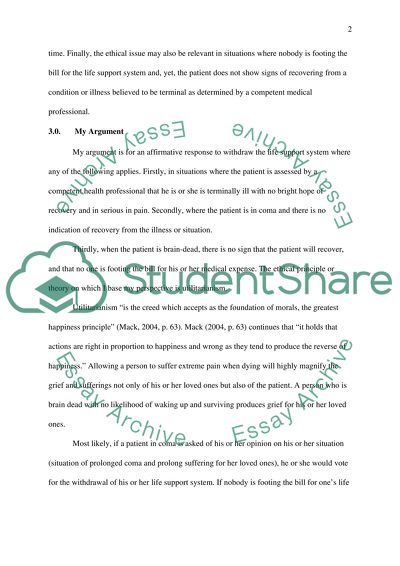Cite this document
(“SCHOLARLY ETHICAL PAPER Research Example | Topics and Well Written Essays - 1750 words”, n.d.)
SCHOLARLY ETHICAL PAPER Research Example | Topics and Well Written Essays - 1750 words. Retrieved from https://studentshare.org/nursing/1431907-scholarly-ethical-paper
SCHOLARLY ETHICAL PAPER Research Example | Topics and Well Written Essays - 1750 words. Retrieved from https://studentshare.org/nursing/1431907-scholarly-ethical-paper
(SCHOLARLY ETHICAL PAPER Research Example | Topics and Well Written Essays - 1750 Words)
SCHOLARLY ETHICAL PAPER Research Example | Topics and Well Written Essays - 1750 Words. https://studentshare.org/nursing/1431907-scholarly-ethical-paper.
SCHOLARLY ETHICAL PAPER Research Example | Topics and Well Written Essays - 1750 Words. https://studentshare.org/nursing/1431907-scholarly-ethical-paper.
“SCHOLARLY ETHICAL PAPER Research Example | Topics and Well Written Essays - 1750 Words”, n.d. https://studentshare.org/nursing/1431907-scholarly-ethical-paper.


